This is a story about social enterprise, and how we work to support education in a very real way.
Imagine living in a house like one of these
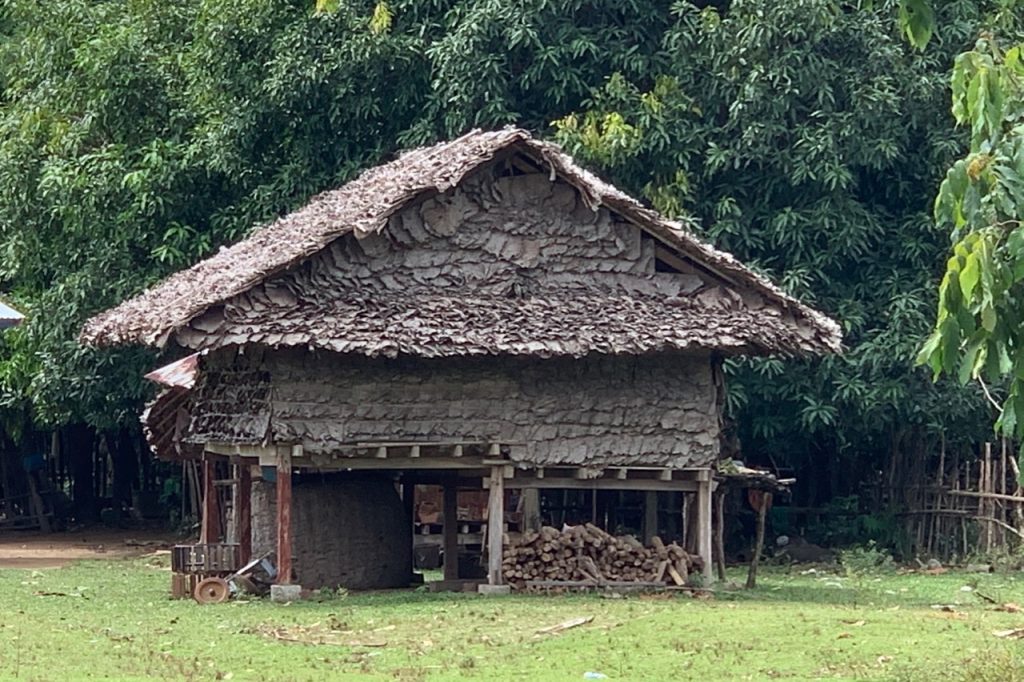

Now imagine that your only water source is a community well a very, very long walk away.
This is life in the very remote Kyet Tuu Ywel (Two Parrots) village located in the north eastern part of Kayin State, Myanmar.
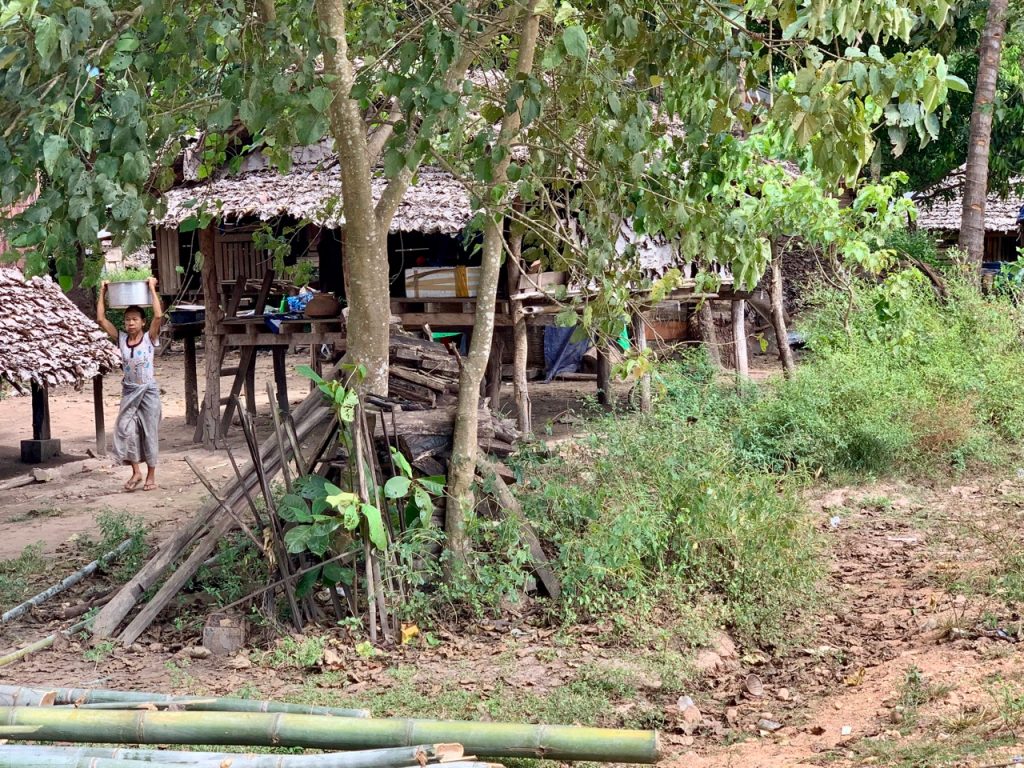
Then, imagine what happens during the four months of the dry season in this region. Yep, you guessed it. The well goes dry. Now your walk just got longer and longer.
When we talked to the Senior Monk at the local monastery about the possibility of a social enterprise to support his school for 240 local kids he had an idea – a long held dream.
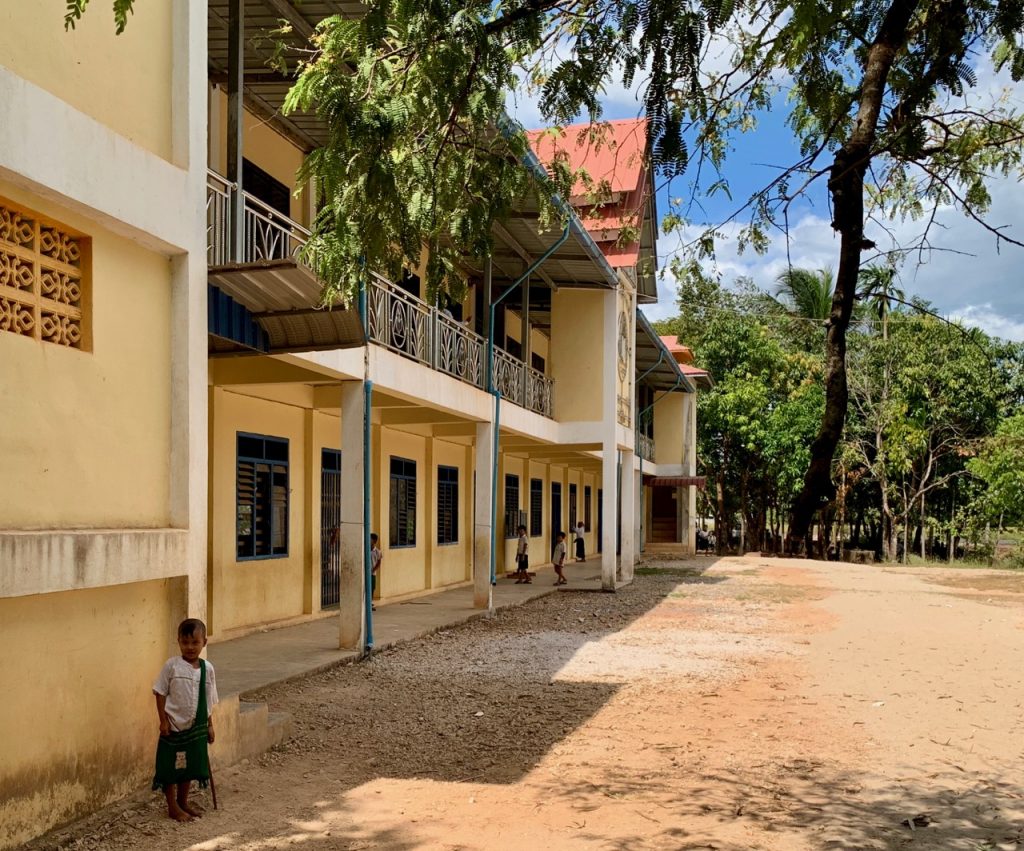
Here’s a look at his school

And here is a group of his kids
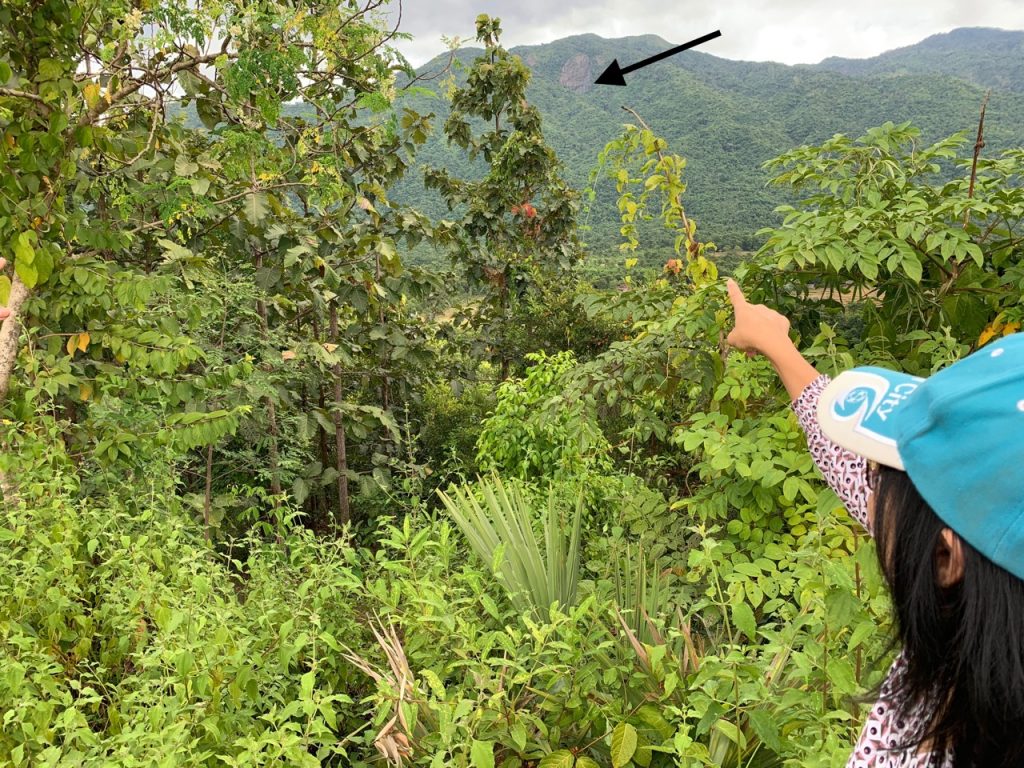
That water is now fed into a small catch basin and then on to a large, open reservoir located on the hill overlooking the village. (Future plans call for landscaping, shelters, and benches to provide a nice relaxing, picnic area for the local villagers.)

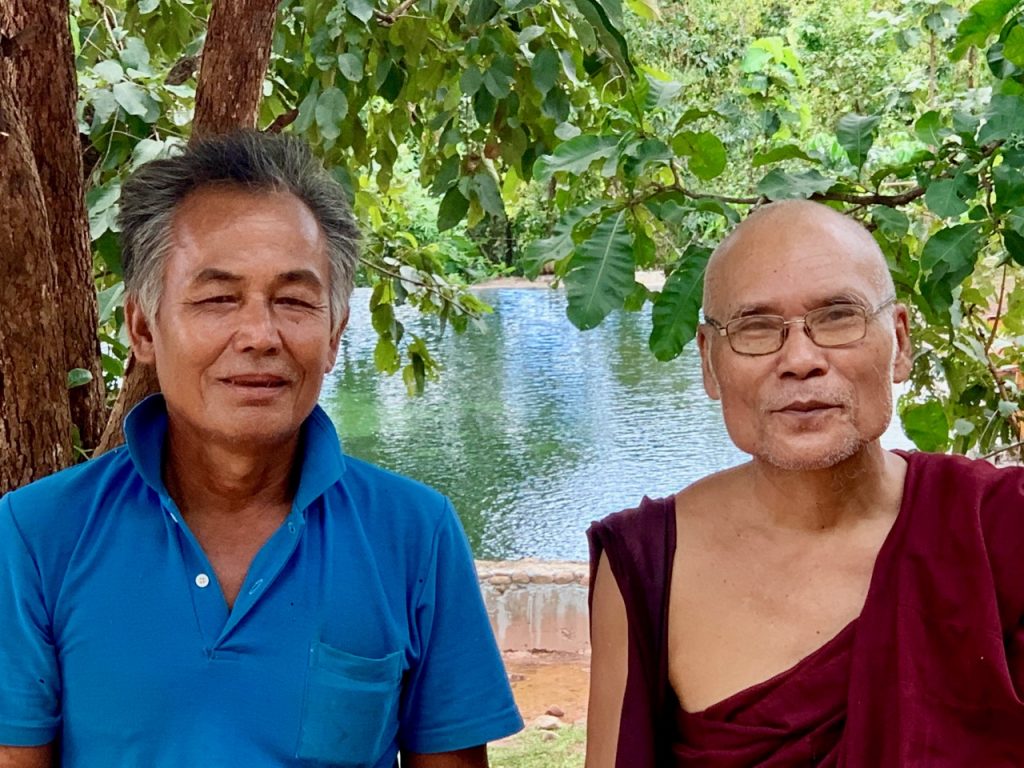


Smaller pipes (about 2”) will be run from that main reservoir to a series of smaller distribution tanks strategically located at higher elevations than the village below.
Then comes the ultimate benefit. Still smaller pipes will run from those distribution tanks to individual homes.
So how does this support education you ask? It supports it in a very direct manner. Each household will pay the equivalent of about $2.50 per month for water at their home (year round – just turn on the tap). Of course, all of these payments, managed by the village committee, will go directly to the monastery to support the school. A fine return on our investment of $15,000, we think.
And, it doesn’t stop there. Plans are already underway to install a water purification system and create a second social business selling drinking water. (Another local monk is already doing this quite successfully, and will be available for guidance with that project.)
Lastly, when the system is up to full volume, water can also be made available to meet local agriculture needs – at an affordable fee, of course.


